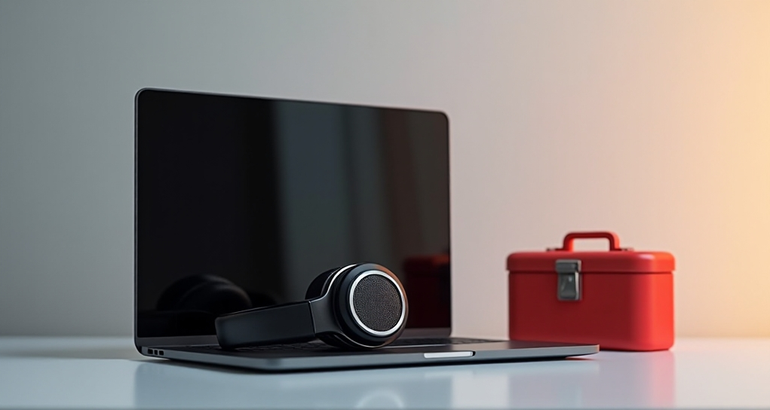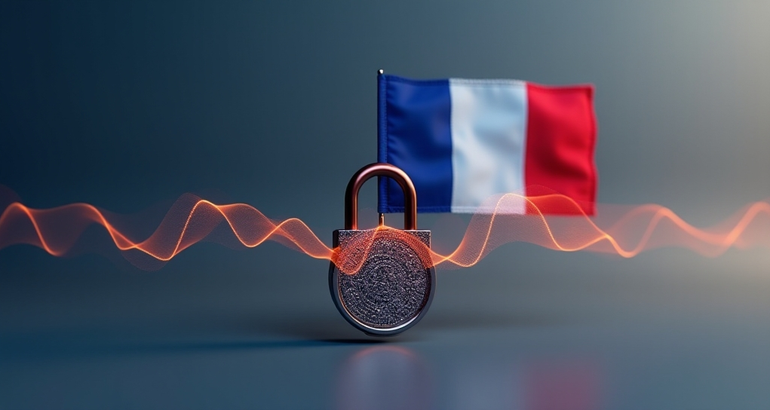Is your privacy threatened in sports stadiums?

- Privacy





If you are a sports enthusiast, you may often go to sports stadiums to watch games and enjoy the live atmosphere and excitement. However, what you may not know is that your every move in the sports stadium could be monitored and recorded . This surveillance data could be used for commercial purposes or even accessed and utilized by governments or third-party organizations. What impact does this have on your privacy and security?
Sports stadiums are one of the largest surveillance venues in the world. Many sports stadiums use high-tech devices such as facial recognition, biometrics, drones, RFID chips, etc., to collect and analyze audience identity, location, behavior, and emotional information. This information can be used to enhance security, optimize services, increase revenue, and more. However, this information can also be misused or leaked, resulting in a violation of the audience's privacy rights.
For example, some sports stadiums may match facial recognition data of spectators with social media or other databases to obtain more personal information such as names, ages, genders, occupations, interests, etc. This information can be used to send customized advertisements or recommendations to spectators or sold to other advertisers or partners. However, this information can also be targeted by hackers or demanded by government regulatory agencies, exposing the privacy and sensitive information of spectators.
Furthermore, some sports stadiums use biometric technologies such as fingerprint, iris, or palm scanning as credentials for entry. These technologies can enhance security and convenience but also carry risks. Once these biometric data are stolen or leaked, it is difficult for spectators to change or revoke them. This may lead to identity theft or impersonation of spectators or being tracked or located.
So, as a sports enthusiast, how can you protect your privacy? There are several methods that can help you reduce surveillance risks in sports stadiums:
① Avoid using biometric technologies as credentials for entry into the stadium
If possible, use traditional tickets or electronic tickets.
② Avoid using public Wi-Fi networks in sports stadiums
These networks may be insecure or tampered with, exposing your online activities and data.
③ Use a VPN
Use a reliable VPN service like MetroVPN to encrypt your traffic and data when connecting to any network. This way, you can prevent anyone from eavesdropping on or intercepting your online communications and information.
④ Avoid sharing photos or videos of yourself in the sports stadium on social media
These contents may contain information such as your location, time, facial features, etc., making you a target of surveillance.
⑤ Disable GPS, Bluetooth, NFC, and other features on your phone or other devices
These features can be used to track or identify your location or device.
In summary, watching games in sports stadiums is a pleasure, but it's also important to protect your privacy and security. By using tools like MetroVPN , you can enjoy both sports and your online privacy.






